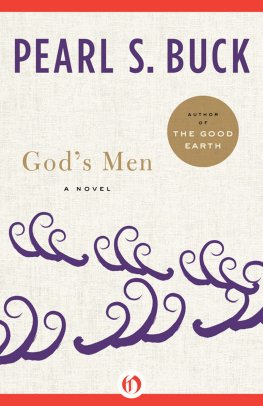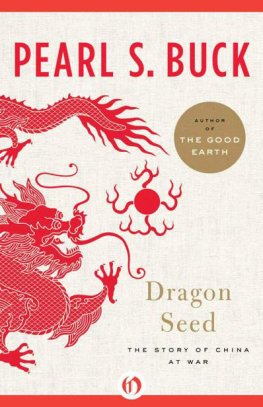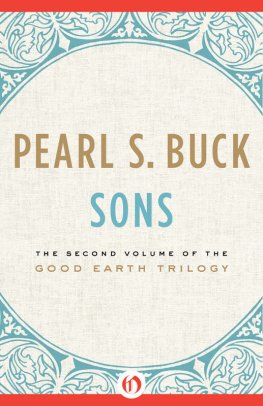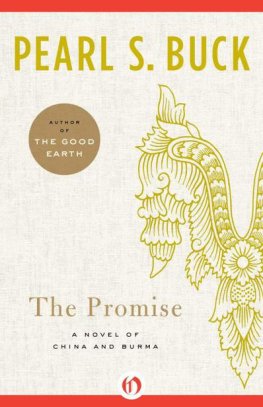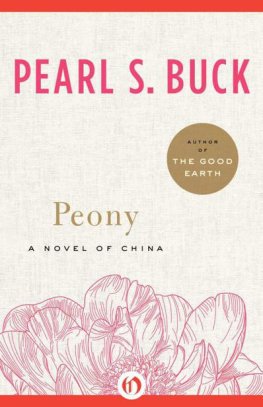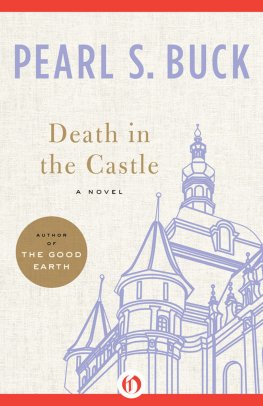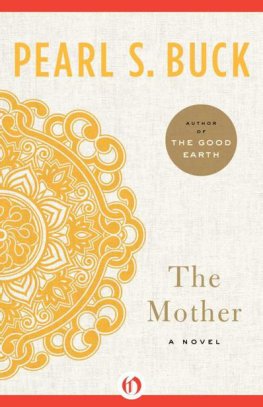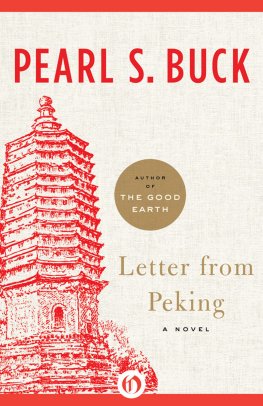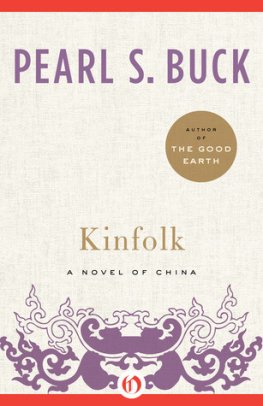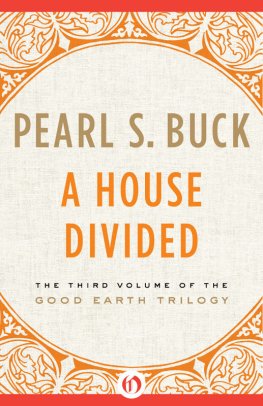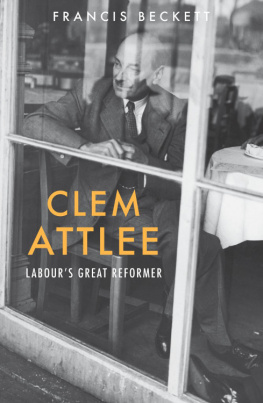A MARCH MORNING IN the year of our Lord, 1950, and the wind so high that on the top floor of a skyscraper in the city of New York William Lane felt a tremor under his feet. He stood by the immense plate-glass window set into the wall behind his desk. The city spread like a carpet before him, and over its horizon he saw the glimmer of hills and sea.
In his fashion he was a man of prayer, and he began his crowded days with these few moments of silence before his window and the world beyond. He had no petition in his heart nor did he ask anything of God. Prayer was an affirmation of himself and what he believed he was, a man of power for good, unmatched at least in his own country. Upon the streets below, so distant that he saw them as gray paths whereon there moved creatures insect-small, were the people whose thoughts he directed, whose minds he enlightened, whose consciences he guided. That they did not know it, that only a few people knew it, increased his power. Long ago he had given up the dream of being a popular leader. He had not the gift of winning popular love. Compelled at last to know that his looks, dark and grave, inspired fear rather than faith, he had immured himself in this great building. From here he had spread over the nation the network of his daily newspapers. For this he bought the services of men and their highest talents. There was no one, he believed, though without cynicism, who could not be bought. Nothing would persuade him, on the other hand, to buy a talent he did not want or which he could not mold to the shape of his own doctrine. The greatest writers found no space in his pages if they did not believe as he did. There were a few, not more than five or six, who were not tempted by fifty thousand dollars. There was only one who had not been tempted by twice that amount. None, he was sure, would refuse as much as he could offer, if he thought it right to offer it. What he bought was not only the fluid flow of mens words. He bought also the quality of their spirits. A man hitherto incorruptible was valuable when he yielded, though only for a while, because he sold also the faith of the people in him.
Upon this March morning, while William thus communed with himself and God, he felt the tremor beneath his feet. He knew that a rigid building, unable to sway slightly before the winds of a storm, might have been overcome. Yielding only a little, the building was safe. Nevertheless, he did not like the tremor. It reminded him of other things that had once made him tremble.
Long ago in China, when he was a boy, he had seen a mob in the streets of Peking, a mob of angry common people who hated him not for what he was, for his white skin and light eyes, but for his kind. His insecurity, the insecurity of his kind on that day, had thrown him into a panic which, though it assailed him no more, he was never able to forget. Any crowd of people, any mass of commonplace faces above dingy clothing, made him remember, although he was no longer afraid, for he had nothing to fear. He was richer than anybody he knew and his friends were some of the richest men in the Western world. Among them he was unassailable, a man of rigid goodness in his personal life. That he had divorced his first wife to marry his second could not be counted a fault, as soon as one saw Emory. She was a creature as delicately pure as a frost flower; her English beauty, her grace combined with her goodness to make her irresistible. Compared to Candace, his first wife, Emory was spirit opposed to earth.
As he thought of his wife the door opened behind him. He did not turn. No one except his secretary dared to enter uncalled, and he waited until her timid voice spoke.
Im sorry to disturb you, Mr. Lane.
Well? he said in his dry voice.
I wouldnt have come in except that its your brother-in-law, Mr. Miller.
Does he have an appointment?
No, he doesnt, Mr. Lane, and I reminded him of that, but he said he guessed you would see him anyway, because he has a big idea.
He would have liked to say quite sharply that he was not interested in any big ideas that Clem Miller might have, but he did not like to give Miss Smith cause for gossip among the lesser staff. They would call him hard, as he knew he was often called, merely because on principle he did not believe in confusing justice with mercy. Nevertheless, it was outrageous for Clem to walk into the offices on a busy morning and expect to be given time for some crank idea. He did not like to remember that Henriettas husband, too, was a successful man. Clem had grown wealthy by the most absurd methods, so absurd that he believed the fellow, or almost did, when he said that he had never planned to make money. It was hard to believe that Clem did not want to be rich, although the way he and Henrietta lived was strange enough. In spite of wealth, they lived in a frame house on a side street of a town in Ohio. What Clem did with his money no one knew.
Tell my brother-in-law I can give him exactly fifteen minutes. If he stays longer than that, get him out.
Yes, Mr. Lane, Miss Smith breathed. Her name was not Smith but William Lane called all his secretaries Smith. They resented it but were paid so well that they did not dare to say so.
When he heard the door shut, William turned away from the window and sat down in the great chair behind the semicircular desk. Against the vast rectangle of light his domed head, his figure, slender but strong, square shouldered and tall, stood forth as though it were chiseled in stone. He sat immobile and waiting, looking at the door.
Thus Clem, coming through that door with his quick and nervous step, faced the mighty man. If he felt the slightest terror before Williams eyes, as gray and green as lichen, he did not show it. He was a small thin man, sandy-haired, and his very skin was the color of sand. Into this general insignificance were set his eyes, a quick, kingfisher blue.
Well, hello, William, Clem said in a high cheerful voice. Your help out there is certainly for you. I could hardly get in here.
If I had known you were coming William began with dignity.
I didnt know I was coming myself, Clem said. He sat down, not in the chair across the desk from William and facing him, but in a leather covered chair near the window. Nice view you have here I always like to look at it. Hows your wife?
Emory is quite well, William said.
Henrietta is well, too, Clem said. Shes gone to see Candace today.
What are you doing here? William asked. He was accustomed to this husband of his sisters, who jumped about the earth like a grasshopper. Only the coolness of his voice might have betrayed, and then only to Henrietta herself, his displeasure with his sisters continuing friendship with his former wife.
I got an idea and ran down to Washington, Clem said. The Food Minister in New Delhi wrote me there was a lot of hoarded wheat over there. I wasnt sure he knew what he was talking about, sitting in an office in New Delhi. I guess he did, though. There is considerable wheat put away in India, from what I hear. I dont hardly think its in the hands of dealers. Its bidden by the peasants themselves, the way you or I might tuck away a bank account against a rainy day.
William did not answer. He could not imagine himself tucking away money, nor could he imagine a rainy day. But Clem was incurably common.
Clem scratched his pale chin and went on talking. If I could persuade these food hoarders of our own in Washington to let up a little and get some wheat over to India, of course it would bring out the wheat over there, and the price would go right down so the people could buy food. I dont know as I can do anything in Washington, though I dont understand governments, least of all ours.
Upon that you and I can agree, William said. I thought that what we had in the White House during the war was bad enough. What we have now is worse.

